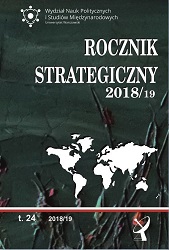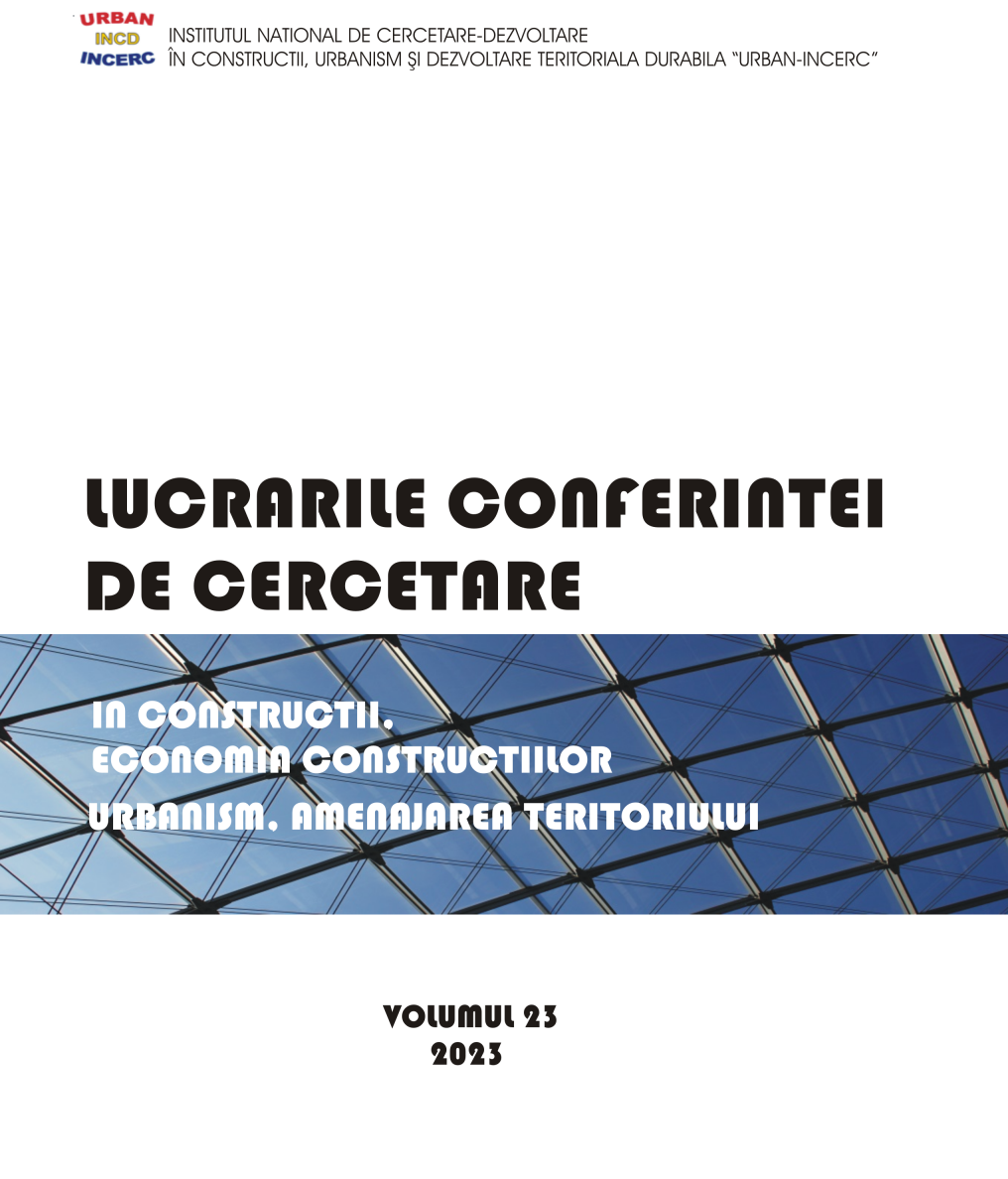
Идеята за създаване на исляхханетата и тяхната мрежа през 60-тр - 70-те години на XIX век
Throughout the 15th-18th centuries the Jews, the Christians and the Muslims of the Ottoman Empire paid significant attention to the orphans' and poor children's relief. However, none of the Sultan's subjects set up an orphanage. The children in need were raised as fosterlings. Many extramartial infants were abandoned. If the abandoned children survived until 4 years of age, they entered the gangs. From 1839 onward the Ottoman officials considered the socialization of the orphans, pauper children and delinquents as an essential state affair. As early as 1860s they endeavored to set up industrial or reform schools. The paper of the author focuses on the very idea to establish such schools and casta light on their network in the Ottoman Empire. It summarizes the hypotheses for their origin; the available information about some West European models of social assistance for the children in need; the Ottoman initiative to train orphans, pauper children and delinquents; the role of Midhat Pasha; the origin of the term "islahhane"; the mutual rhetoric and rules of the Belgian and Ottoman reform schools. It advances the suggestion that the islahhanes or the industrial schools embodied the Ottoman attempt effecitvely to manage the periodically increasing number of the children in need. Perhaps the initiative combined the "domestic" model of the Catholic boarding schools, this one of the reform schools run by the Belgian government and the religious imperative for the orphans' and pauper children's socialization. While serving as a provincial governor, in 1863-1866 Midhat Pasha sought to carry out the actual state attempt. From 1867-1868 onward the project was developed by other provincial governors, as well.
More...







